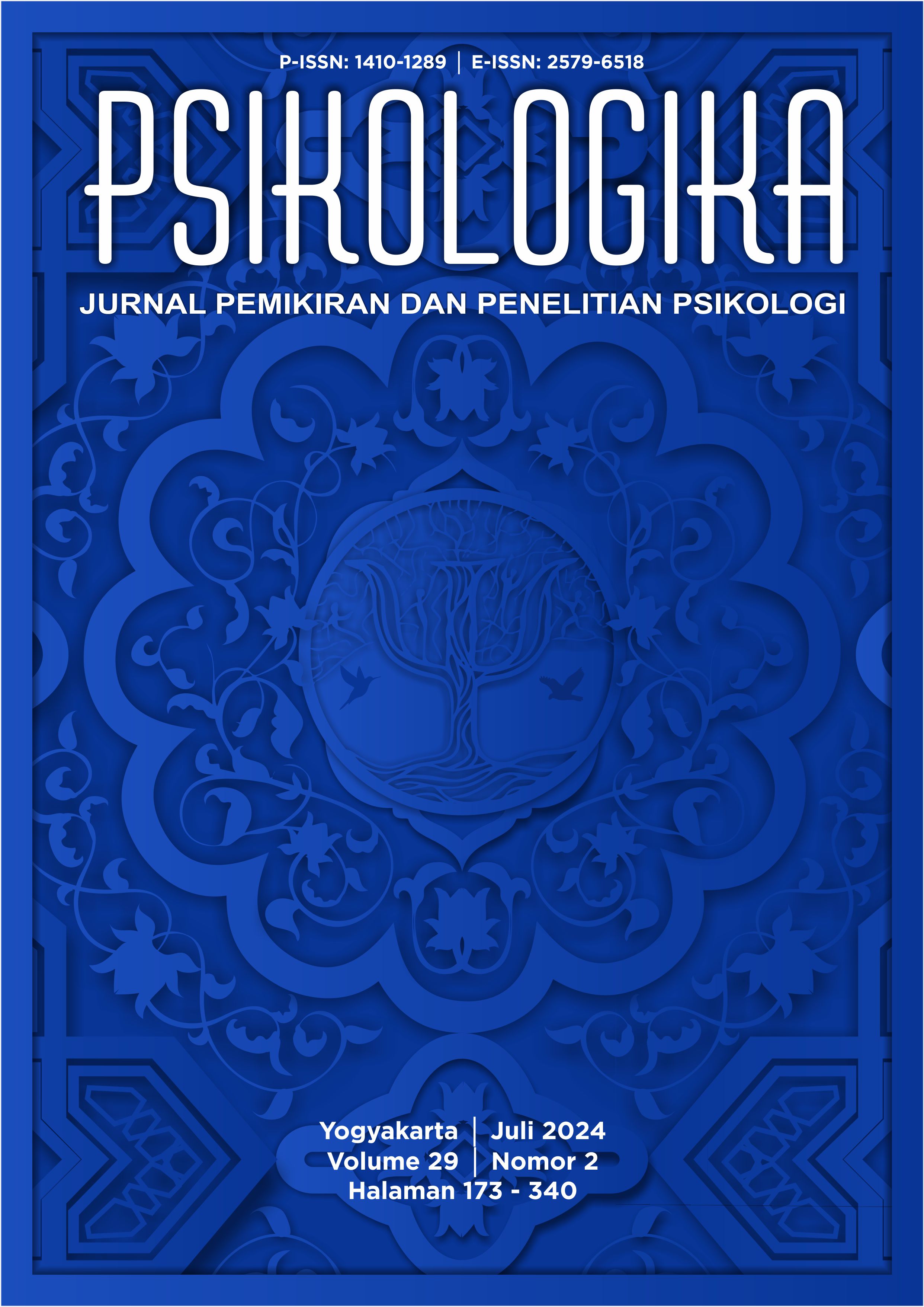Main Article Content
Abstract
In the past decade, artificial intelligence (AI) literacy has become a primary focus in digital literacy education research. However, the use of AI in early childhood education remains largely unexplored, prompting experts to conduct a scoping review. This scoping review aimed to explore various forms of AI application in early childhood education, and to identify commonly used methods in this topic. The database searches for scientific articles covered the period between 2016 to 2023. Inclusion and exclusion criteria were established, focusing on reviews related to AI literacy and early childhood education. Electronic databases such as Scopus, EBSCO Sciences, Emerald, Sinta, and Science Direct were used from December 2023 to February 2024. From the total of 260 articles selected for this analysis, only 10 met the inclusion criteria and were reviewed. The results showed that most articles used learning media tailored to children’s developmental stages to enhance literacy. These included smart toys integrating AI technology, particularly speech synthesis, virtual reality, robots, KIERO, and chatbots. Qualitative methods were commonly adopted, although some research used experimental methods and literature reviews. In summary, the integration of AI literacy in early childhood education contributed significantly to the development of active learning interventions for children.
Keywords
Article Details
Copyright (c) 2024 Novia Solichah, Shofiah

This work is licensed under a Creative Commons Attribution-ShareAlike 4.0 International License.
Authors who publish with this journal agree to the following terms:
- Authors retain copyright and grant the journal right of first publication with the work simultaneously licensed under a Creative Commons Attribution-ShareAlike 4.0 International License that allows others to share the work with an acknowledgment of the work's authorship and initial publication in this journal.
- Authors are able to enter into separate, additional contractual arrangements for the non-exclusive distribution of the journal's published version of the work (e.g., post it to an institutional repository or publish it in a book), with an acknowledgment of its initial publication in this journal.
- Authors are permitted and encouraged to post their work online (e.g., in institutional repositories or on their website) prior to and during the submission process, as it can lead to productive exchanges, as well as earlier and greater citation of published work (See The Effect of Open Access).




